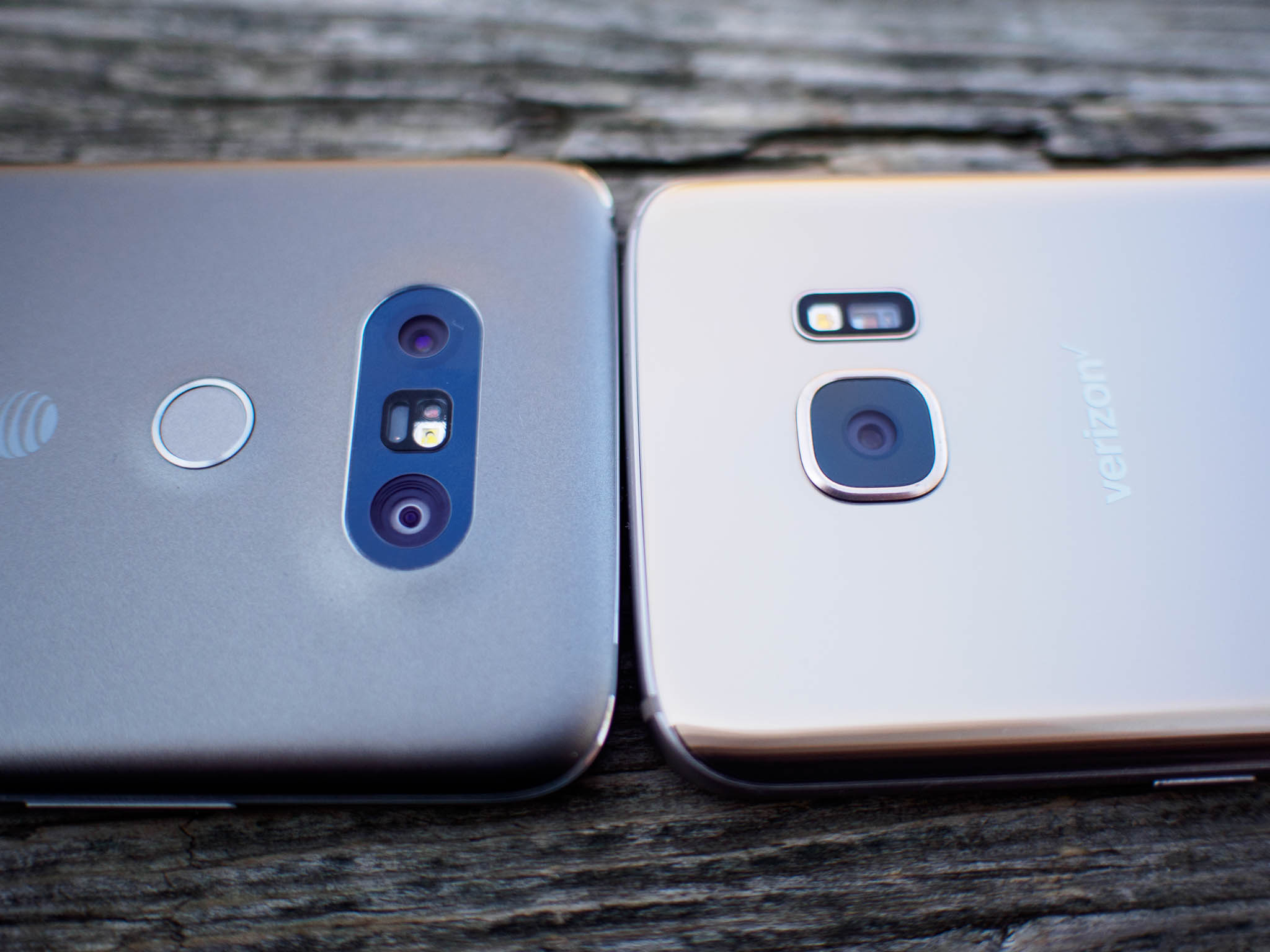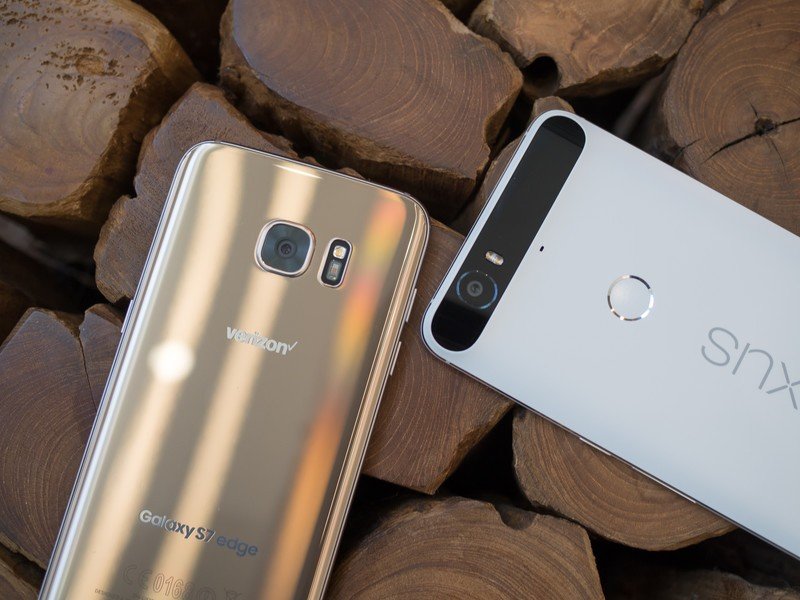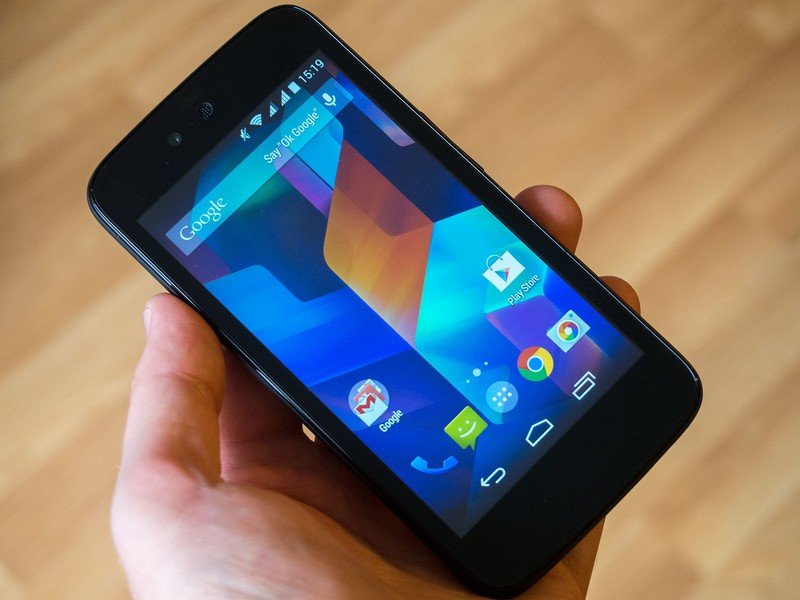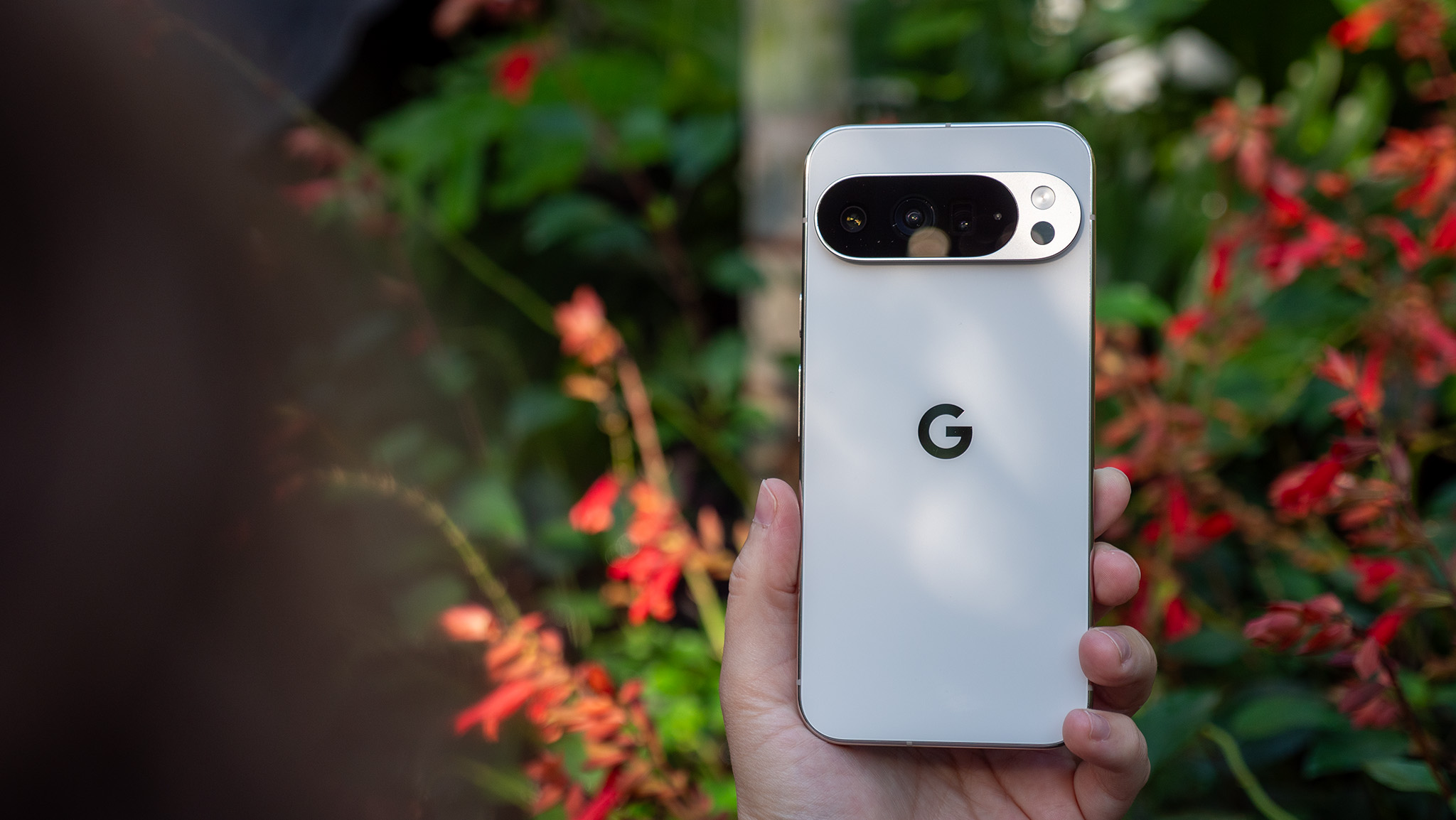Are all Androids created equal? How hardware plays a part

Get the latest news from Android Central, your trusted companion in the world of Android
You are now subscribed
Your newsletter sign-up was successful
Some of the recent high-end Androids — like the Galaxy S7 or the LG G5 — pack some amazing technology under their glass face. Eight core processors and gigabytes of RAM, combined with dual-band ac WiFi radios and 16 core graphics are specifications that most computers didn't have just a few years ago. Some of us get really caught up in the race for newer and better hardware, while others aren't concerned at all and just want to get on Facebook, but most of us fall somewhere in the middle. We want a phone that does it all, doesn't struggle to do any of it and doesn't break the bank.
So let's talk about the hardware that is inside our phones for a bit.
For starters, the idea that all Androids run the same operating system couldn't be further from the truth. And we're not only talking about fragmentation, though that does play a pretty big role sometimes. Some folks reading this are familiar with Linux, and understand how the software from LG isn't the same as the software from Blu, or from HTC, or from Motorola, or even from Google — even if they all run Android. For the rest of us, keep in mind that Android is just source code. Nobody makes Android software and sells it to the people who make phones — they are responsible for making it themselves from the code provided.
Not all Android phones run the same Android.
Since Android is open-source, that means the folks building it and turning out something that can be installed on a phone have control over what gets included, what gets left out and are free to change any of it that they want. And they want to change it, because that's a way to sell phones — build out features that people will want. If every phone had the same features and looked exactly the same, companies that have the best ties to the people building the components would be able to offer the best price and the rest would fall by the wayside. That's why big companies — like Samsung — who can afford to bling out the software love Android. It's also why small companies that you may have never heard of love Android — they can use it for free and save money. The Micromax Canvas A1 doesn't run the same software as the Galaxy Note 5. And that's a good thing for everyone.
We're not just talking about choice when we say it's good that not all phones run the same Android. The Micormax we mentioned above would be a horrible experience if it were running the same software as a Galaxy Note. That's because hardware matters.

Some top-shelf Androids do a whole lot of stuff, and try to do much of it all at the same time. That goes back to those features we talked about — there's a lot of software running to bring those features to the folks who want them, and that means they need some beefy hardware to do it. The Galaxy S7 is a great example of this. The latest and greatest processors from Samsung or Qualcomm and oodles of RAM mean that the S7 can do the things Samsung wants it to do — and the people buying it want it to do — pretty well. The S7 runs Android (it's version of Android) as well as the Nexus 6P runs Android (it's version of Android). But try to do all those things on the last generation of processor with less memory, slower storage devices and a lesser GPU, and it's not going to be as pretty. The Nexus 6P would choke pretty quickly if it were trying to run all the S things on top of all the Google things on top of all the things we installed from Google Play.
More features means you'll need better hardware.
Does that mean one phone is better than the other? Not really. Both phones do their own thing fairly well, and it's up to the user to pick the one they like better. But it is a good example of why the hardware matters.
Get the latest news from Android Central, your trusted companion in the world of Android
This is why Android One works, or the Moto G before it. You have basic hardware (when compared to other more high-end phones) and wedge slim and well optimized software on it. Either get bogged down if we add a bunch of stuff from Google Play on them, because we're asking them to do more than the hardware can handle. Conversely, this is why some other phones from companies who try to do a bit too much on a budget phone aren't lauded the same way. Heavy software requires spec-heavy phones.
One last thing to consider is security. Ideally, an Android uses hardware-based encryption. Many of budget phones don't support things like trusted execution environments or hardware on-the-fly encrypt/decrypt. This means they aren't quite as secure without the hardware backing and can get sluggish when files and folders are encrypted. Android N may change the latter by using file-level encryption but having hardware that stores encryption keys like we see from ARM with their TrustZone technology is always better than a software solution. This doesn't mean that someone is going to hack you and steal all your data because you're using a phone without hardware-based security, but it is something that needs mentioned.

So yes, hardware does matter. How much it matters depends on what you're trying to do. There is no one size fits all solution. If you're looking to do the basics — get online, message your friends and maybe even play a game or two, then you don't need the expensive phones that come with expensive hardware. If you want to squeeze every single ounce of performance from the computer that fits in your pocket, you'll want to keep with the high-end. As always, set reasonable expectations that line up with your budget, and don't let anyone else tell you what's right for you.

Jerry is an amateur woodworker and struggling shade tree mechanic. There's nothing he can't take apart, but many things he can't reassemble. You'll find him writing and speaking his loud opinion on Android Central and occasionally on Threads.
